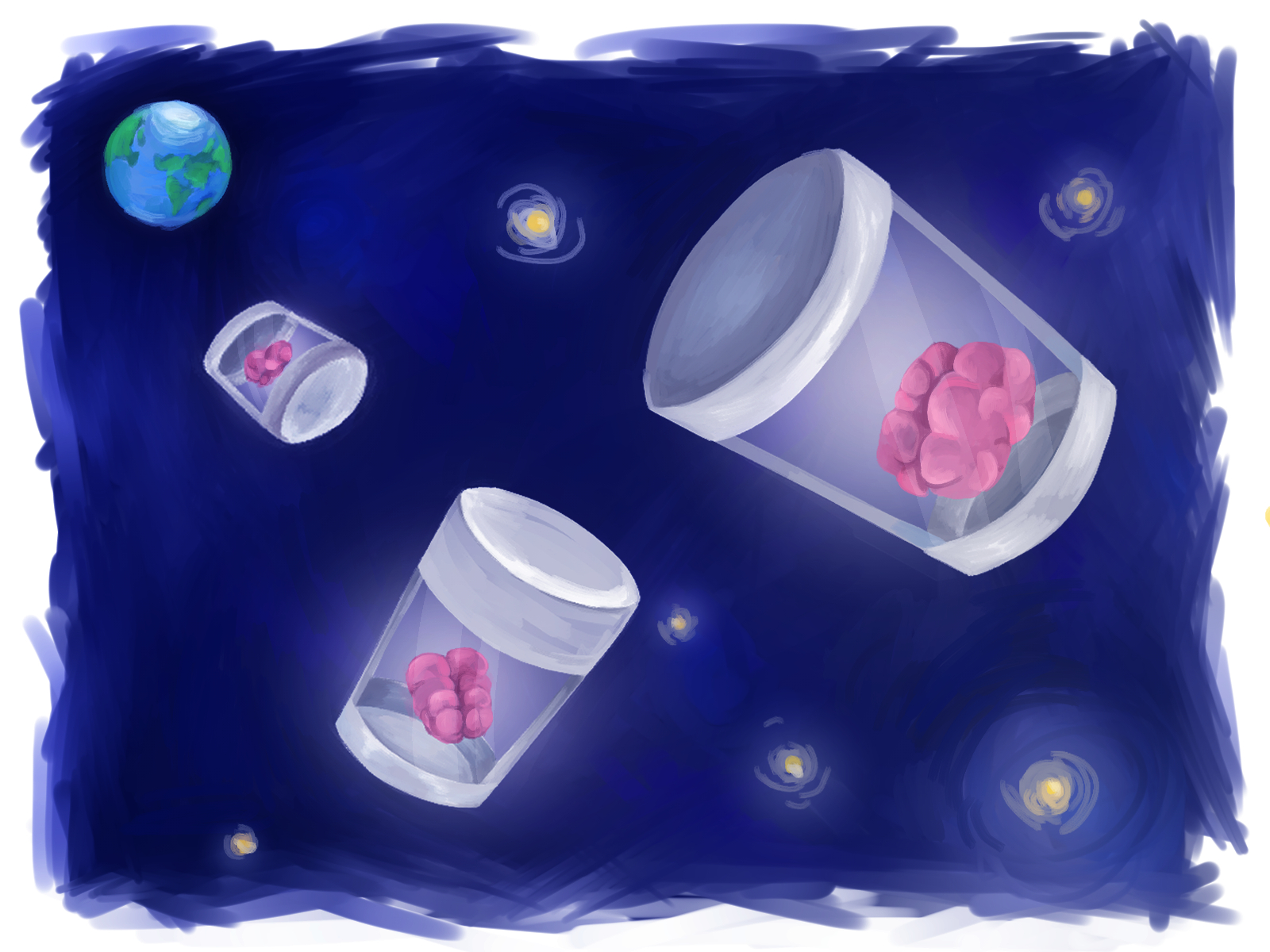Potential treatments for brain diseases may arise from studying neurons in space

(Bridgette Baron/Daily Bruin)
By Deepto Mizan
Jan. 9, 2019 11:45 a.m.
This post was updated Jan. 11 at 4:21 p.m.
UCLA researchers launched brain cells into space last month in an attempt to understand a neurological condition that commonly affects astronauts.
The samples will spend five weeks in the International Space Station, where they will be maintained by automated hardware.
Once the samples return to Earth, UCLA researchers will analyze the brain cells to try and develop an understanding of intracranial hypertension, a condition that often causes astronauts to experience headaches and vision changes after returning to Earth.
Many researchers believe the condition is caused by a change in pressure in the fluid surrounding the brain. However, Araceli Espinosa-Jeffrey, a research neurobiologist at the Semel Institute for Neuroscience and Human Behavior at UCLA, said she thinks the condition might instead be caused by an increase in brain cells resulting from exposure to microgravity, the gravity experienced while orbiting around the Earth.
She started developing this theory after observing that stimulated protein-producing neurons exposed to a microgravity environment increased their production of neurons and myelin, a protein that covers parts of the neuron and speeds up neural impulses. She theorizes that this increase in production may be due to a cell growth molecule that has not been discovered yet.
“We hope that the findings lead to discovering new molecules that influence cell and protein production that may be masked by gravity changes,” she said.
The results of this project could also be further applied to developing treatments for neurodegenerative diseases.
“Newborns, adults and those that are aging can all be affected by a lack of myelin, which can manifest in different forms,” she said.
The extra myelin produced by neurons in space could be implanted in patients with neurodegenerative diseases, offering a potential new treatment method. However, other professors said they think the research is still in its early stages and requires further study.
Gal Bitan, a neurology professor at the Brain Research Institute at UCLA who is not involved on the project, said while he is interested in the possible outcomes of the study, he thinks it may be difficult to implant the cells that produce myelin.
“We don’t have a good handle specifically on how to treat them yet, as the brain controls most of the functions in the body, and is especially hard to reach,” he said. “If it can be done without difficulty and it is safely done, it can restore myelin sooner than later.”
He also added that finding a treatment for neurodegenerative diseases could improve quality of life dramatically for patients because of the brain’s high involvement in all of the body’s processes.
“It has a major impact on livelihood as well, for example if a person loses a leg or both of them, they can relatively continue well enough, but (it’s) not the same with (losing) a brain,” he said.
Daniel Lu, an associate professor of neurosurgery at UCLA who is not working on this project, agreed with Bitan, and said while Espinosa-Jeffrey’s hypothesis could lead to new treatments, it isn’t ready for implementation.
“(Her) hypothesis of implanting (brain cells) to restore function can possibly lead to some developments, but it requires further study,” he said.

